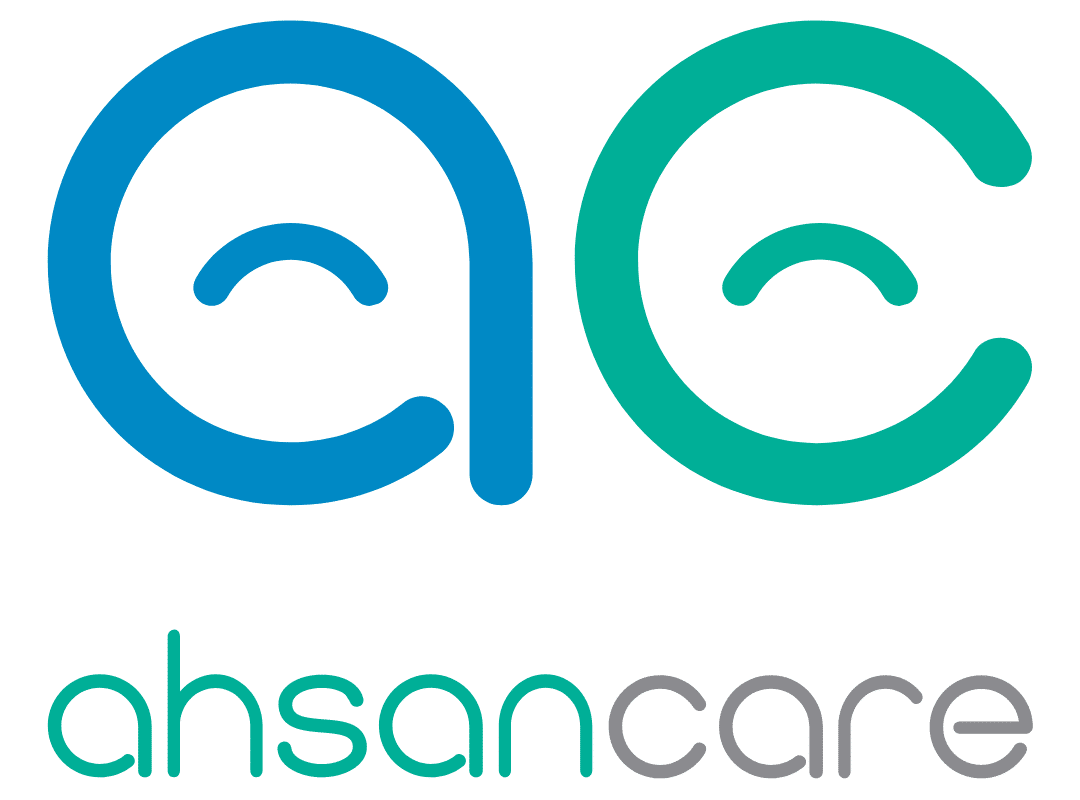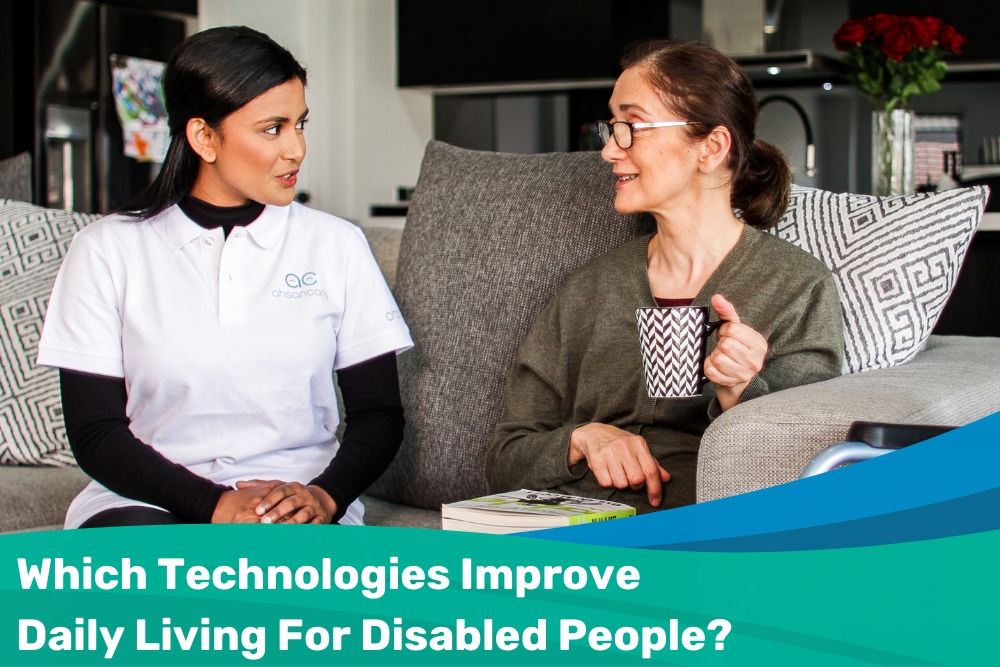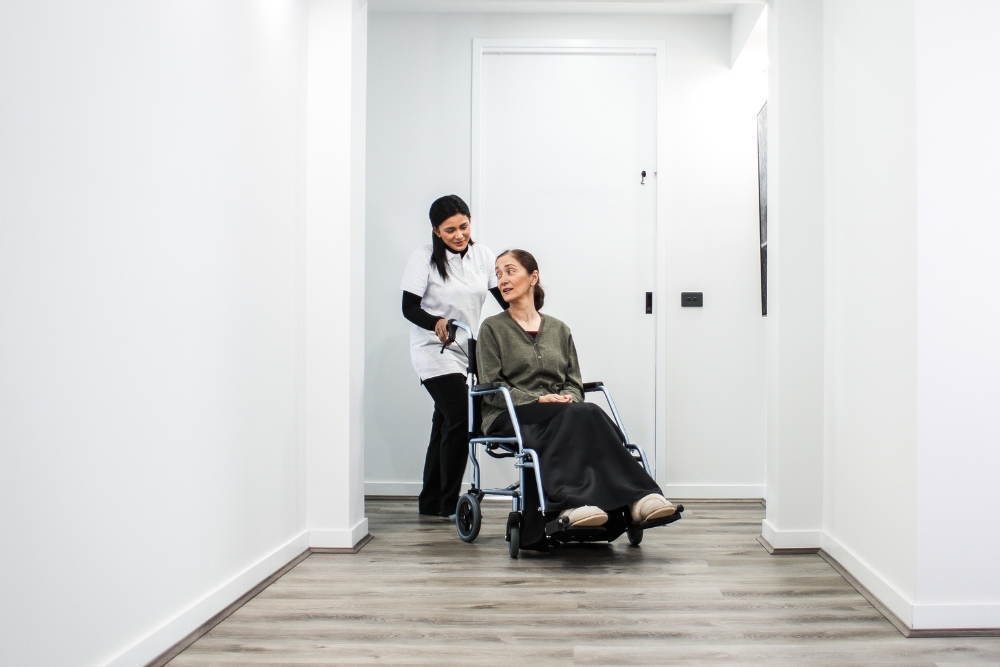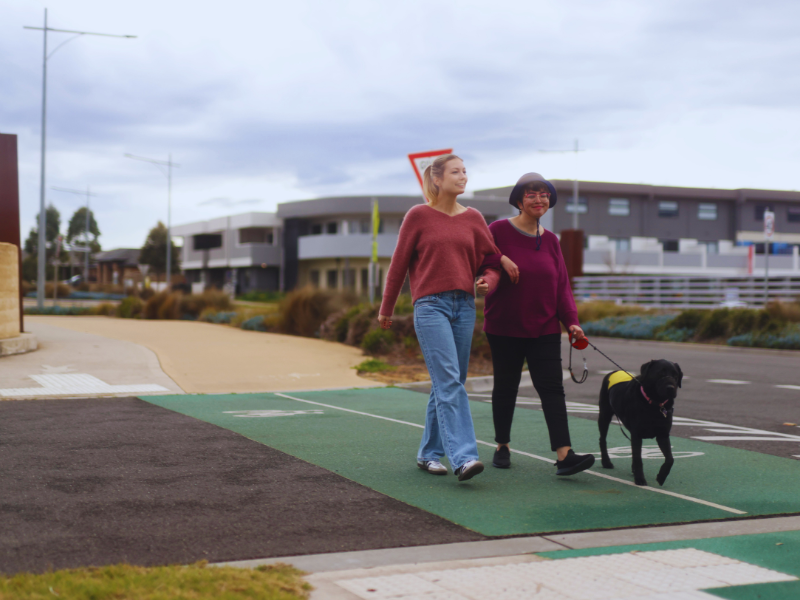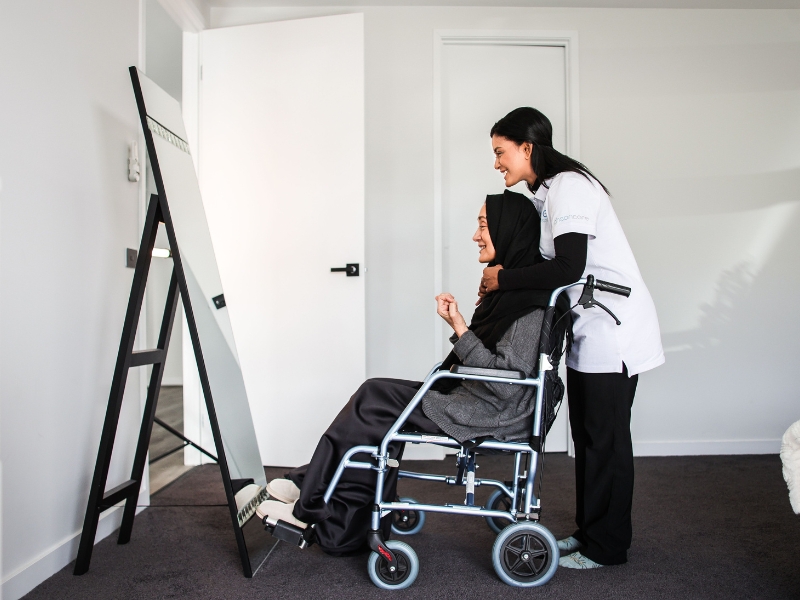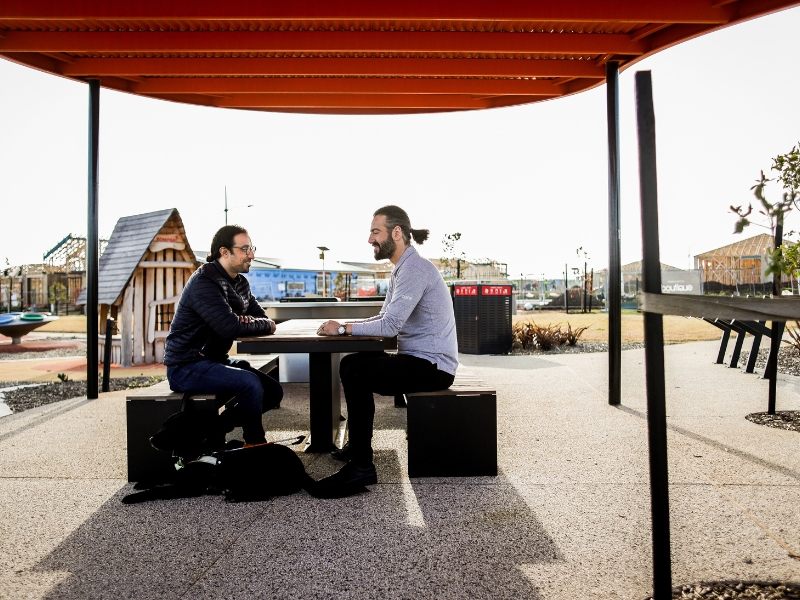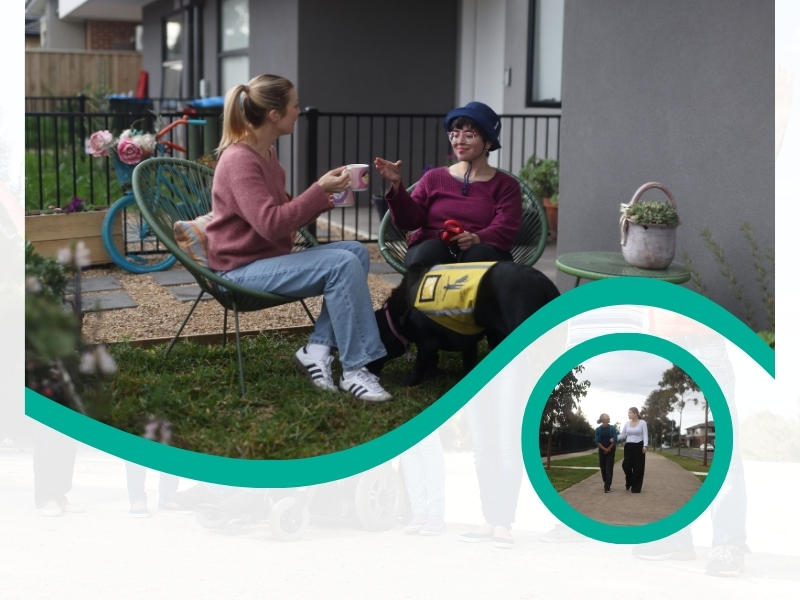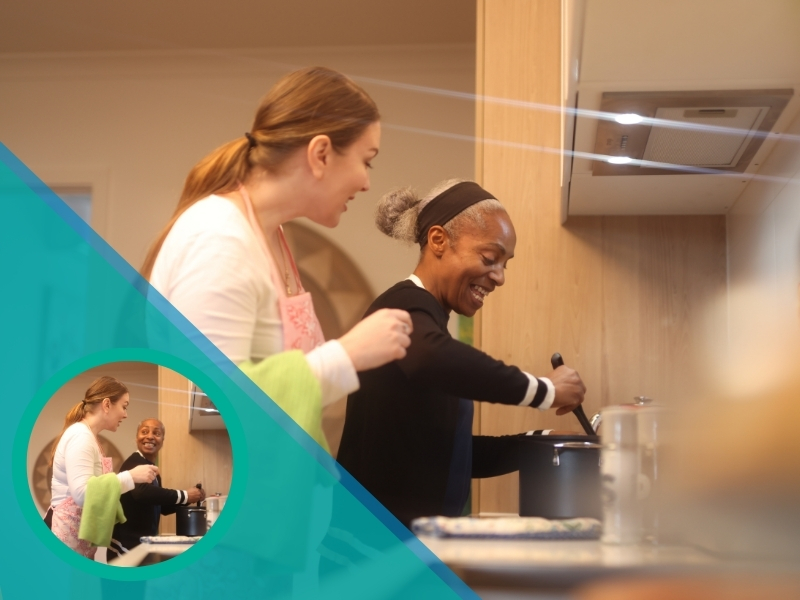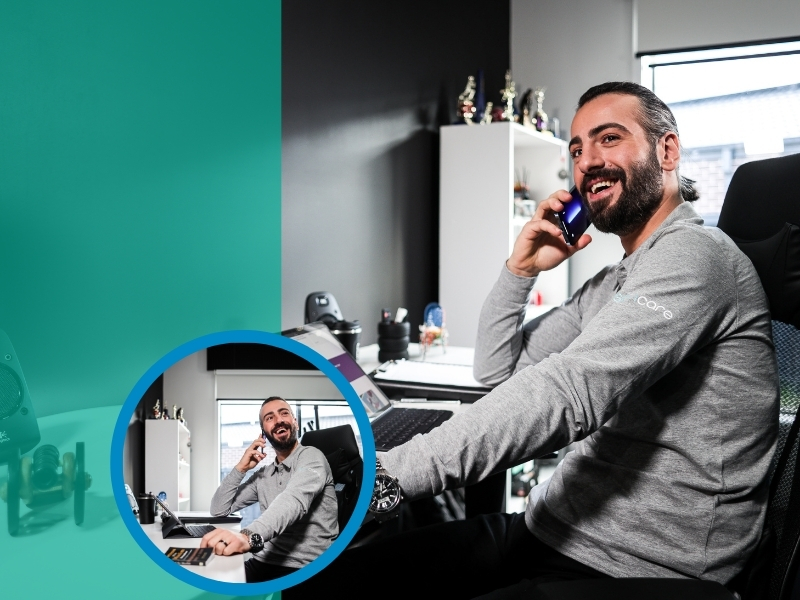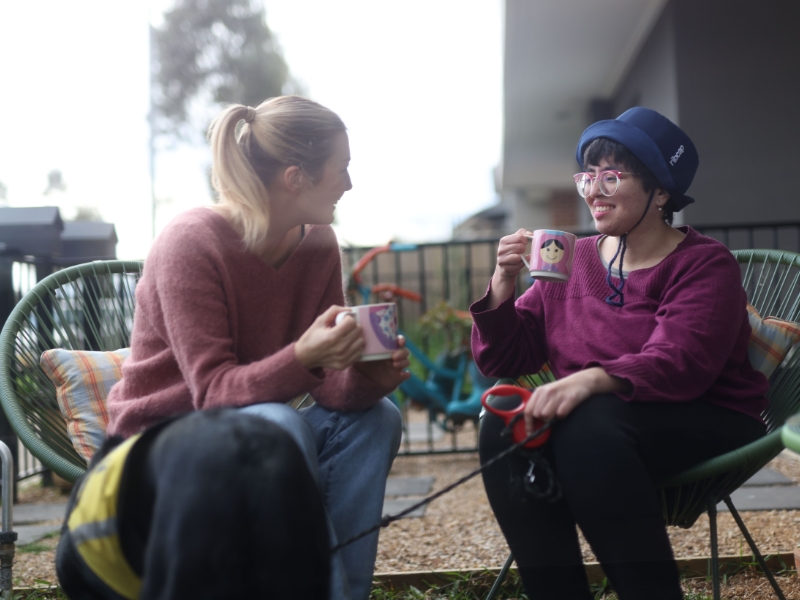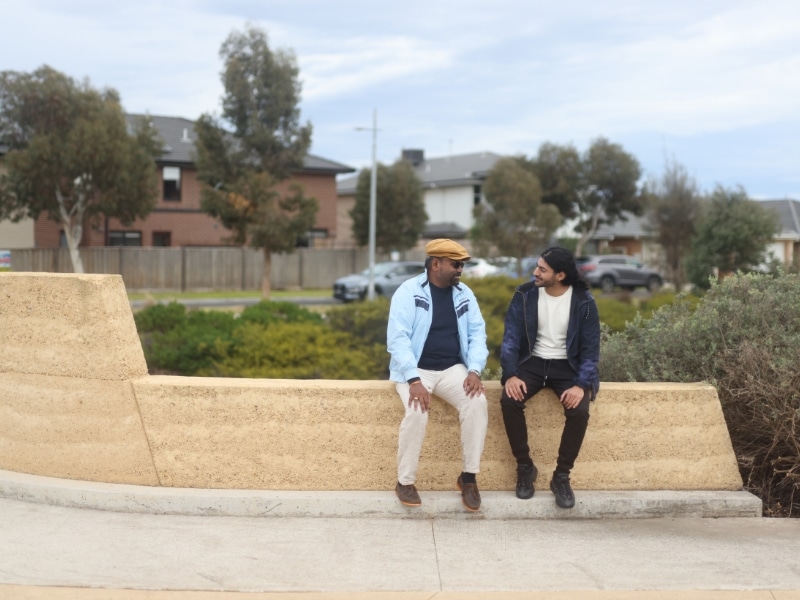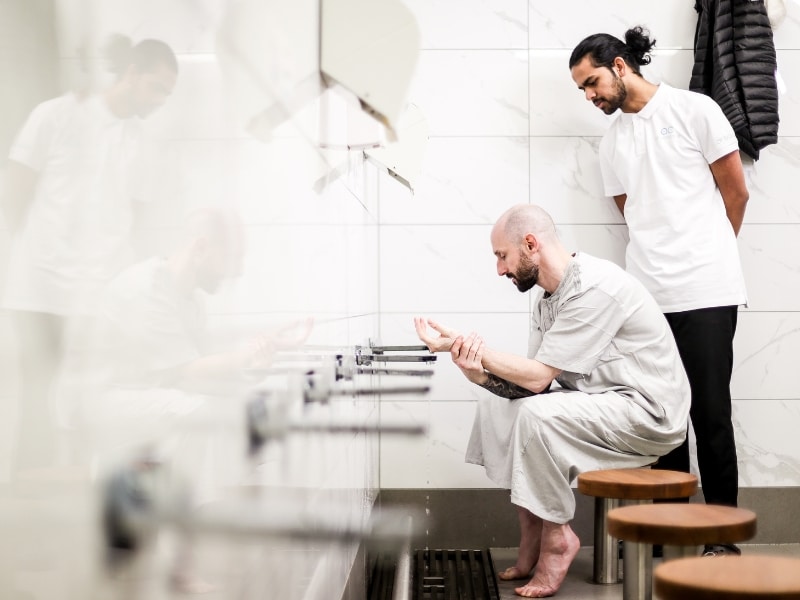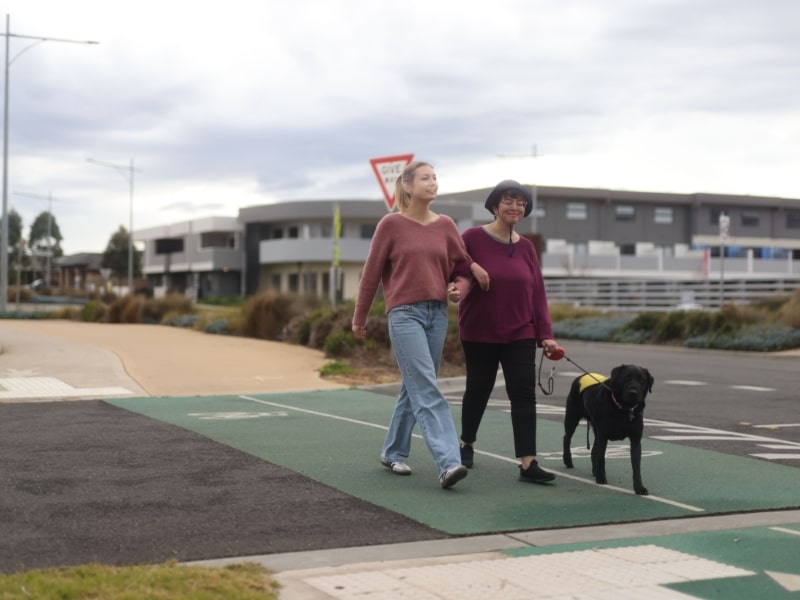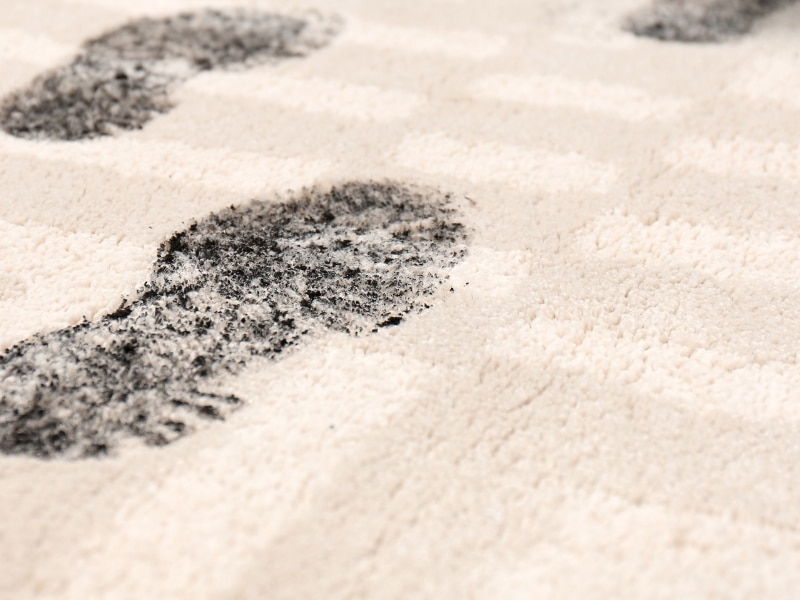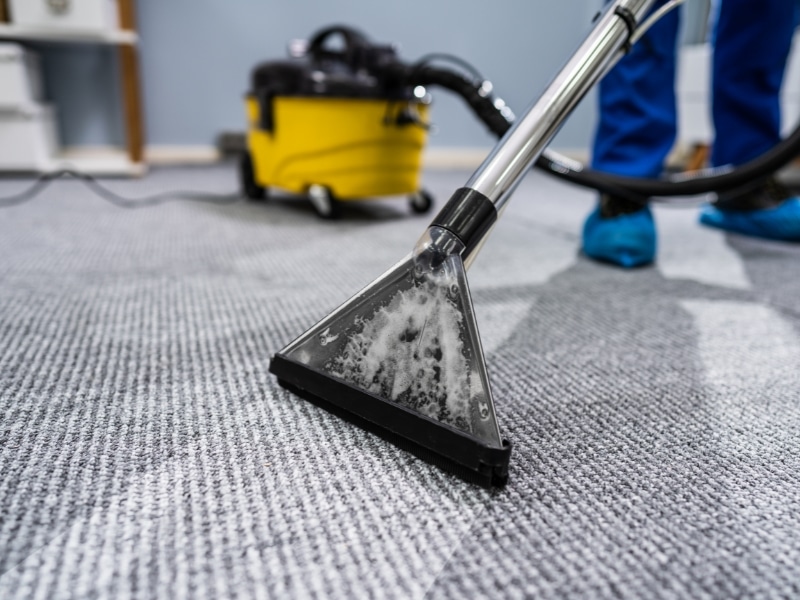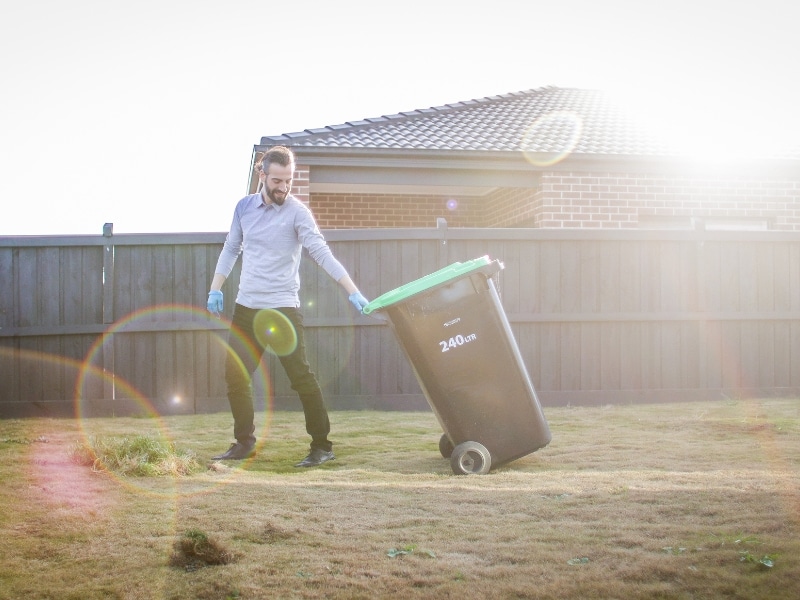Personal Care Supports – What’s Included?
Personal care supports relate to assistance with daily personal activities, including help with or supervision of personal tasks of daily life. Examples include:
- Personal hygiene – showering, bathing, oral hygiene, dressing, and grooming
- Toileting – bladder and bowel management, menstrual care
- Eating and drinking – meal assistance and feeding support
- Attending appointments – escorting and transport assistance
- Use of aids and appliances – including hearing and communication devices
- Mobility and transfers – moving in and out of bed, getting on/off the toilet
- Specialist assistance – application of splints, basic first aid for disability-related injuries
Personal care supports can be provided in a variety of settings:
- In your own home (alone or with family)
- In shared living environments
- During social, recreational, educational, or employment activities
- While travelling or on holidays away from home
When personal care supports are assessed, the NDIA considers:
- Whether the supports maximise the participant’s independence and functional skills
- Whether they are appropriate for the participant’s age and circumstances
- If alternative arrangements or training could increase independence (e.g., aids and equipment)
How Does NDIS Assist Personal Activities Work?
We begin by reviewing your NDIS Core Supports personal activities funding and understanding your daily living needs. Then, we match you with a dedicated support worker for daily living in Melbourne who visits regularly based on your preferred schedule. Your support worker assists with personal care (such as hygiene and grooming), mobility assistance NDIS, and social and recreational activities NDIS. This approach ensures you receive consistent, personalised support that aligns with your lifestyle and long-term independence goals.
Can I Choose The Same Support Worker Every Time?
Yes – we prioritise continuity of care by assigning the same support worker for daily living Melbourne whenever possible. This consistency allows you to build trust, feel more comfortable, and develop a stronger working relationship. Over time, your support worker will better understand your routines, preferences, and communication style, making each visit more effective. Having a familiar face also provides emotional reassurance and helps you feel supported in achieving your Improved Daily Living Skills NDIS goals.
